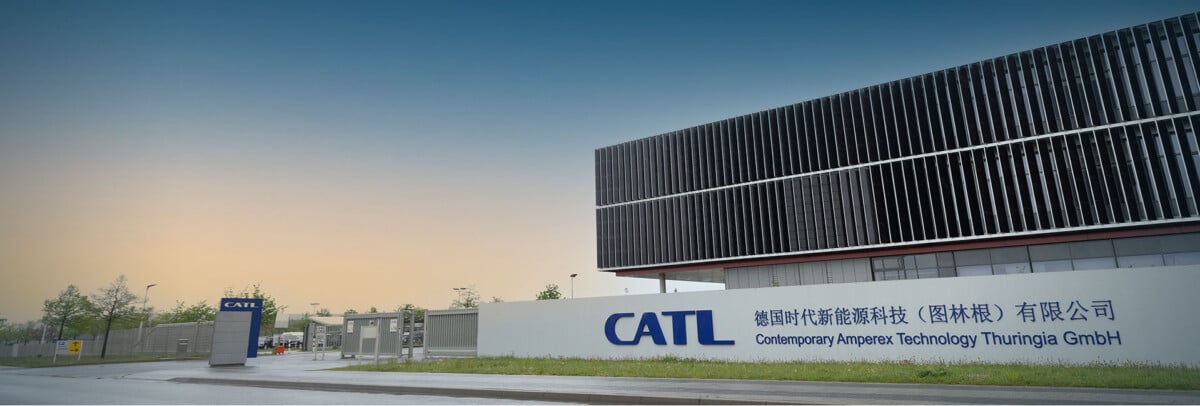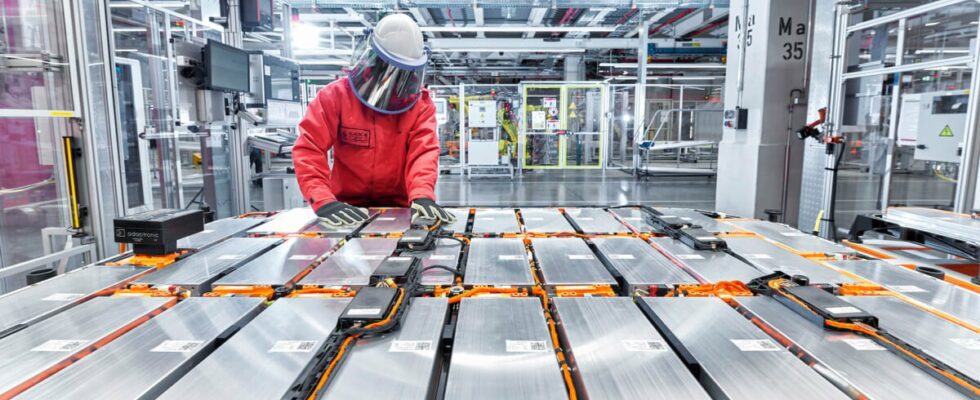The Chinese giant CATL, the world’s largest producer of batteries for electric cars, is expected to mass-produce its first sodium batteries later this year. Let’s come back to this revolution: batteries without lithium!
Right now
8 months Free on the ULYS electronic toll badge
Almost all electric vehicles on the planet use lithium ion batteries. This chemistry is both mastered at the level of its industrialization, but also relatively inexpensive considering the current large volumes. All is not perfect though, and going lithium-free might become necessary in the future. CATL seems to have a solution with sodium-based batteries.
Goodbye lithium, long live sodium
With several kilograms of lithium in each electric vehicle battery, this chemical compound is very important for all manufacturers. The problem is that the largest producers, which are Chile and Australia, are located far from the battery production plants. The ecological impact of lithium is therefore very real, since it must be transported thousands of kilometers before it is integrated into a battery.
Moreover, lithium operating conditions can have a negative impact on the environmentin particular because of a supply of water necessary for the lithium mines.
The other lithium problem is the risk of a shortage in the years to come, as announced by Toyota or more recently in Germany.
The solution of using sodium – an element much less rare on the planet – instead is therefore excellent, however until now the energy density of sodium-ion batteries has been unsatisfactory.

CATL announced several months ago that it was working on sodium-ion batteries in the laboratory, with a promise for the future that will interest all future buyers of electric vehicles: less expensive batteries.
Today we learn that alternatives to lithium, such as sodium-ion batteries, will be industrialized by CATL in the course of 2023. This means that the first vehicles equipped with such batteries would arrive on the roads at the dawn of 2024with the advantages and disadvantages that this brings.
In addition to these sodium-ion batteries, CATL’s Qilin battery will be mass-produced in the first quarter of 2023, and the latter promises recharges in the blink of an eye and a range that easily exceeds that of current batteries: 1,000 km of autonomy and a recharge in 10 minutes. It is this battery that is found in the Geely Zeekr 001.
Want to join a community of enthusiasts? Our Discord welcomes you, it’s a place of mutual aid and passion around tech.


